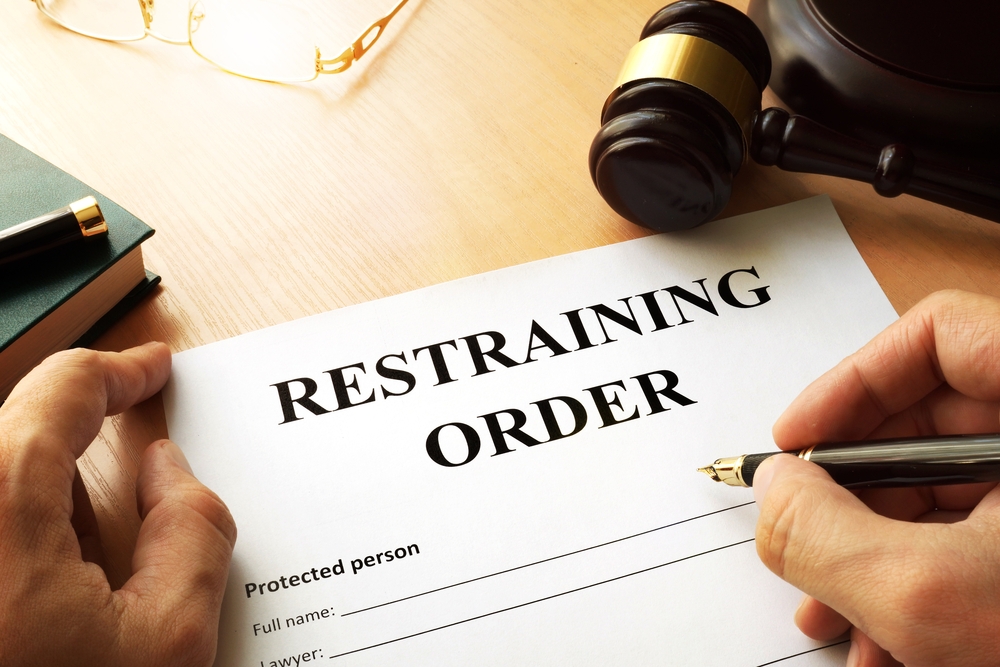
A trial court may not draw an adverse inference in a Final Restraining Order (FRO) proceeding based solely on the defendant's decision to invoke the Fifth Amendment right to not testify. This principle was upheld in the New Jersey Appellate Division's decision in T.B. v. I.W., approved for publication on August 5, 2024.
Case Background
In T.B. v. I.W., the trial court suggested that an adverse inference would be drawn against the defendant if he chose not to testify. The Appellate Division, however, overturned this approach, reinforcing the defendant's right to invoke the Fifth Amendment without the consequence of adverse inferences in the context of FRO proceedings.
Legal Precedents and Implications
The decision references H.E.S. v. J.C.S., 175 N.J. 309 (2003), where the New Jersey Supreme Court, in dicta, emphasized that an unfavorable inference should not be drawn against a defendant who elects not to testify, especially when criminal implications are at stake. Unlike in typical civil cases, where adverse inferences may be drawn, domestic violence (DV) cases involve a blend of civil and criminal elements, necessitating different considerations.
Domestic violence cases require the court to assess whether a criminal act has occurred and if there's a need to protect the victim from future harm. The legal standards in these cases are distinct, with potential consequences that far exceed those in standard civil matters. The Appellate Division highlighted that allowing adverse inferences in DV cases could improperly shift the legal burden onto the defendant, which is not consistent with the principles of justice in these sensitive matters.
Implications for Defendants
The court recognized that although a defendant's testimony in a DV matter cannot be used in subsequent criminal proceedings arising from the same incident, it could be used in unrelated future matters. The ruling underscores the importance of preserving a defendant's right to remain silent without facing undue penalties in civil restraining order cases.
Conclusion
If you are a defendant in a restraining order case, the decision to testify or remain silent is critical. Consulting with experienced attorneys, such as those at LaBletta & Walters, can ensure that you present the most robust defense possible and navigate the complexities of your case effectively.

